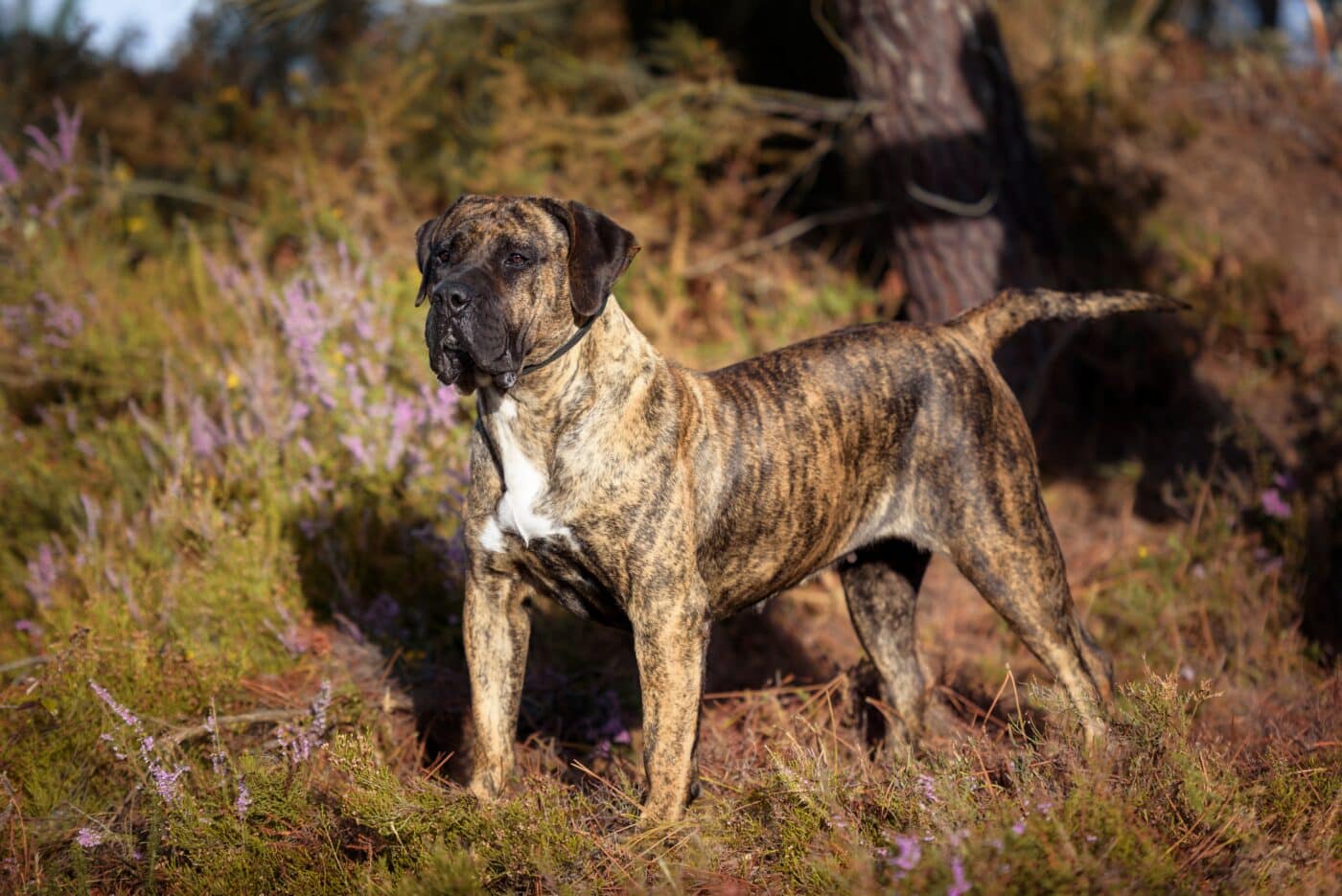 Shutterstock
Shutterstock
Dogs are cherished as loyal companions worldwide, but certain breeds are considered too dangerous or unpredictable for public safety. While many dog owners vouch for their pets’ loving and well-trained nature, some breeds have developed a reputation for aggression due to past incidents, stereotypes, or physical capabilities. As a result, various countries have implemented breed-specific legislation (BSL) that either bans or heavily restricts the ownership of certain dogs. These breeds have been outlawed in specific regions despite being beloved pets in other parts of the world.
Pit Bull Terrier
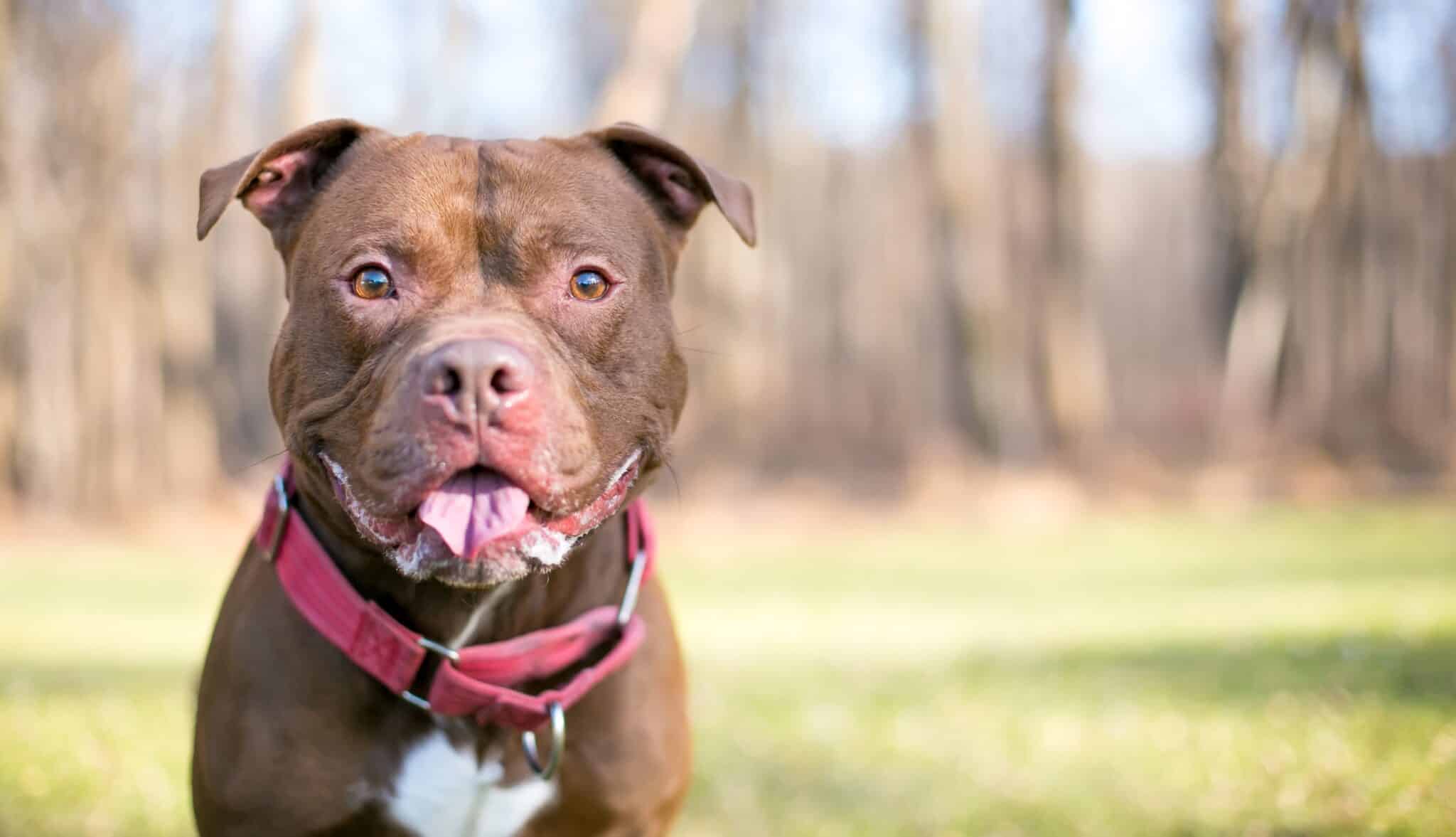 Shutterstock
Shutterstock
Pit Bulls are one of the most controversial breeds regarding legality. Known for their muscular build and powerful bite, they have been linked to numerous attacks, prompting countries like the United Kingdom, New Zealand, and parts of Australia to ban them. While Pit Bull advocates argue that their aggression is more a result of poor treatment than their inherent nature, their intimidating appearance and strength have led to bans in several regions. Many owners, however, swear by the affectionate and loyal nature of their well-socialized Pit Bulls.
Fila Brasileiro
 Shutterstock
Shutterstock
The Fila Brasileiro, or Brazilian Mastiff, is a large and powerful breed traditionally used for hunting and guarding. Known for their fierce loyalty to their owners, they are also highly territorial and wary of strangers. This natural wariness can sometimes lead to aggressive behavior if not properly managed. Due to their size, strength, and independence, countries like the United Kingdom, New Zealand, and Norway have banned the Fila Brasileiro. Despite their protective instincts, they can be gentle and affectionate with their families, though they are not the easiest breed for first-time dog owners.
Dogo Argentino
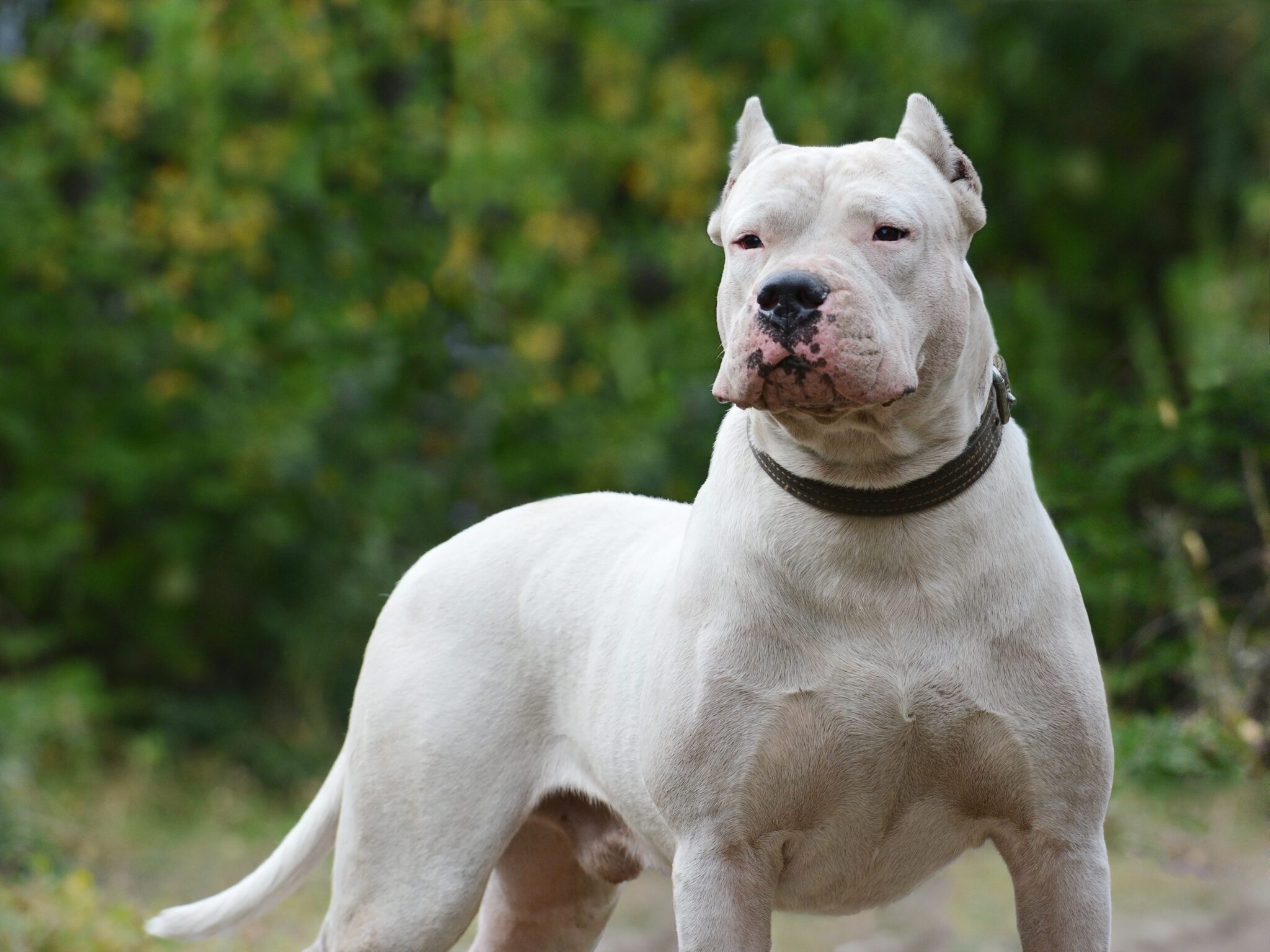 Shutterstock
Shutterstock
The Dogo Argentino was originally bred in Argentina for big-game hunting, particularly for hunting wild boar. They are known for their courage, strength, and high energy levels. Unfortunately, their hunting background and muscular build have earned them a spot on banned breed lists in Australia, New Zealand, and Denmark. Although they can be affectionate and protective with their families, their high prey drive and intense energy require experienced handling. Without proper training and socialization, their strength can be challenging to manage, leading to restrictions on their ownership.
Japanese Tosa
 Shutterstock
Shutterstock
The Japanese Tosa is a rare breed of dog originally bred for dog fighting in Japan. As a result, they have a reputation for aggression, especially toward other dogs. Known for their size, strength, and stoic nature, the Tosa can weigh up to 200 pounds, making them a formidable presence. Due to their history as fighting dogs, the Japanese Tosa is banned or restricted in countries like the United Kingdom, Denmark, and Australia. However, with proper training and socialization, Tosas can be calm and loyal companions, though their imposing size and strength often raise concerns in areas with strict dog laws.
American Bulldog
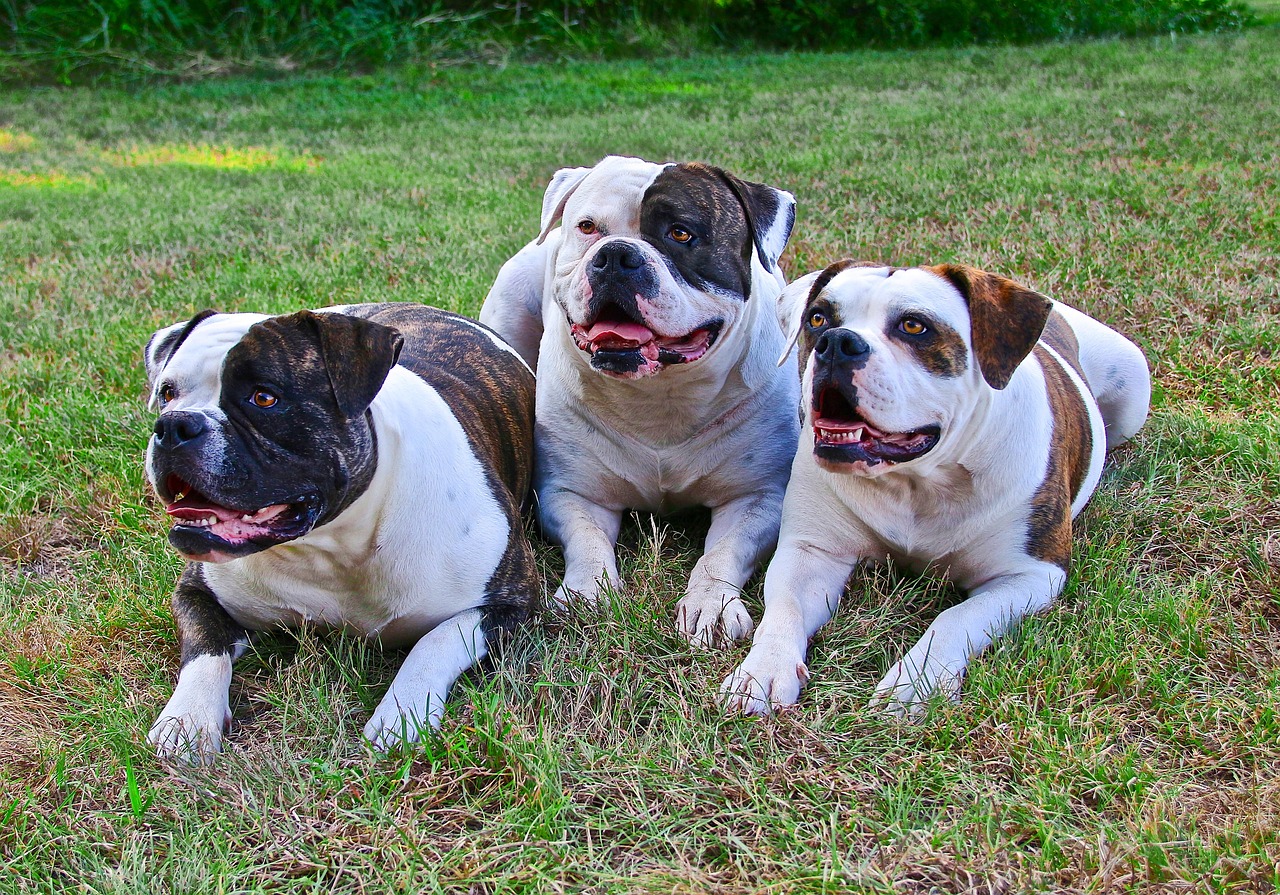 Shutterstock
Shutterstock
The American Bulldog is known for its muscular build, athleticism, and protective nature. Originally bred to work on farms, this breed has become a popular companion animal. However, its strength and protective instincts have led to restrictions in certain countries. American Bulldogs are banned in Denmark and Singapore, where their size and potential for aggression have raised concerns. Despite their affectionate nature with their families, they require strong leadership and consistent training to prevent behavioral issues. With proper guidance, they are loving and loyal pets, but their physical power can be intimidating in areas with strict dog laws.
Presa Canario
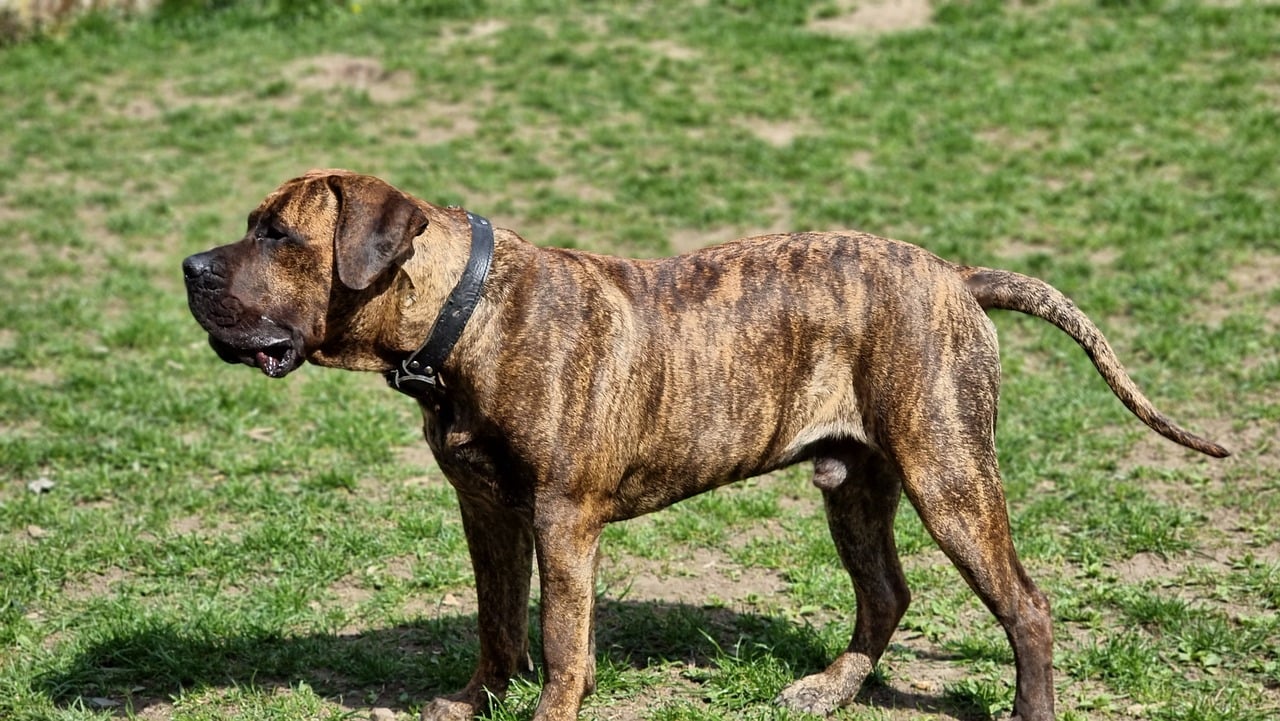 Shutterstock
Shutterstock
The Presa Canario, a powerful mastiff-type breed from the Canary Islands, is known for its imposing size and protective instincts. Originally bred to guard livestock, this breed can be territorial and assertive if not properly trained. Their strength and guarding abilities have led to concerns about their suitability as pets, resulting in bans in countries like New Zealand and Australia. Presa Canarios requires a confident, experienced owner who can provide firm leadership and consistent training. While they can be affectionate with their families, their protective nature makes them a breed that requires careful handling.
Boerboel
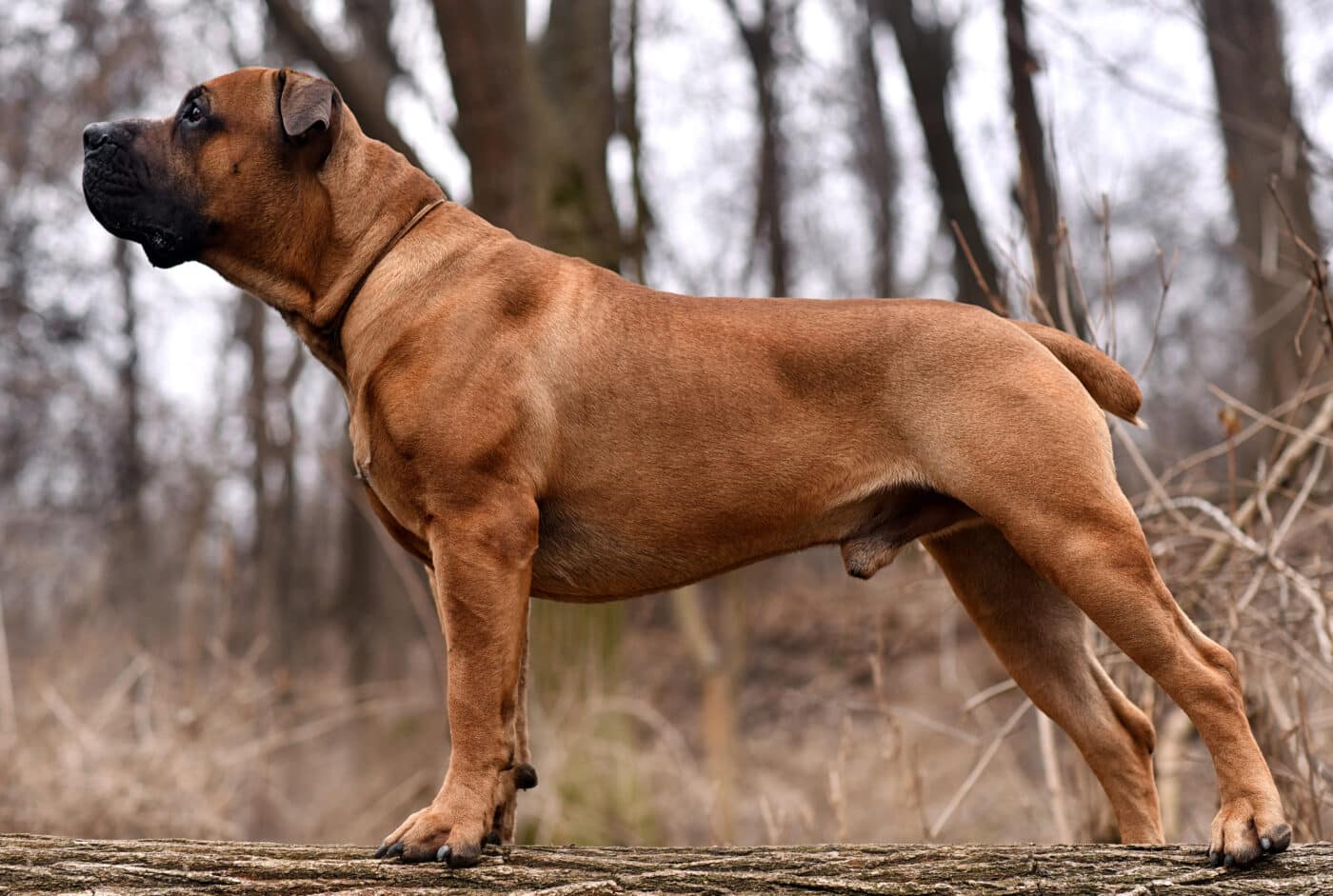 Shutterstock
Shutterstock
The Boerboel is a South African Mastiff bred to guard farms and homes. Known for their massive size and strength, Boerboels are loyal and protective, making them excellent guard dogs. However, their power and independence have led to bans in Denmark and France. Boerboels can become aggressive, especially toward strangers or other animals, without proper training and socialization. They require an experienced owner who understands managing a large, powerful dog. Despite their intimidating appearance, Boerboels are often gentle and loving with their families, though they are not suited for every household.
Wolfdog
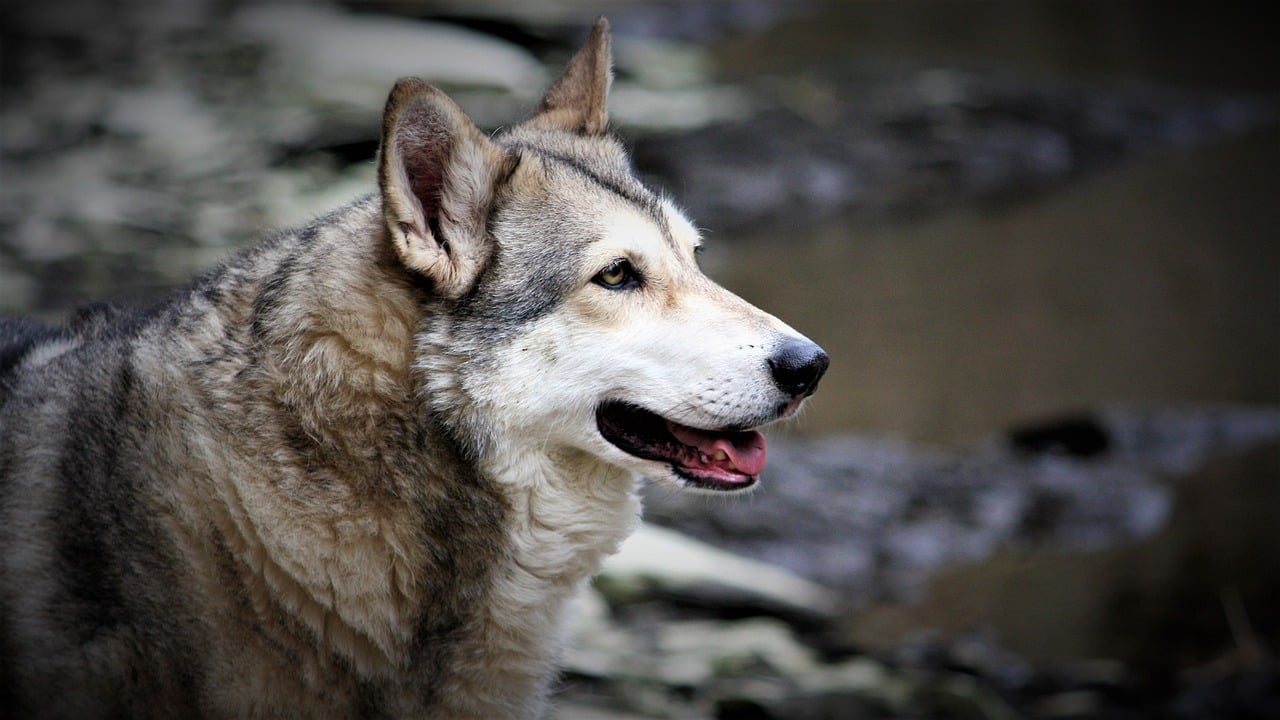 Shutterstock
Shutterstock
The Wolfdog, a hybrid between a domestic dog and a wolf, has been banned in several countries due to concerns about their unpredictable behavior. While some Wolfdogs inherit the friendly nature of their domestic parent, others retain the wild instincts of their wolf lineage, making them difficult to manage in a typical household setting. Their wild ancestry contributes to their independent and often aloof demeanor, which can lead to behavioral issues if not handled by an experienced owner. Countries such as Norway, New Zealand, and Australia have banned Wolfdogs due to their potential risk to public safety.
Bandog
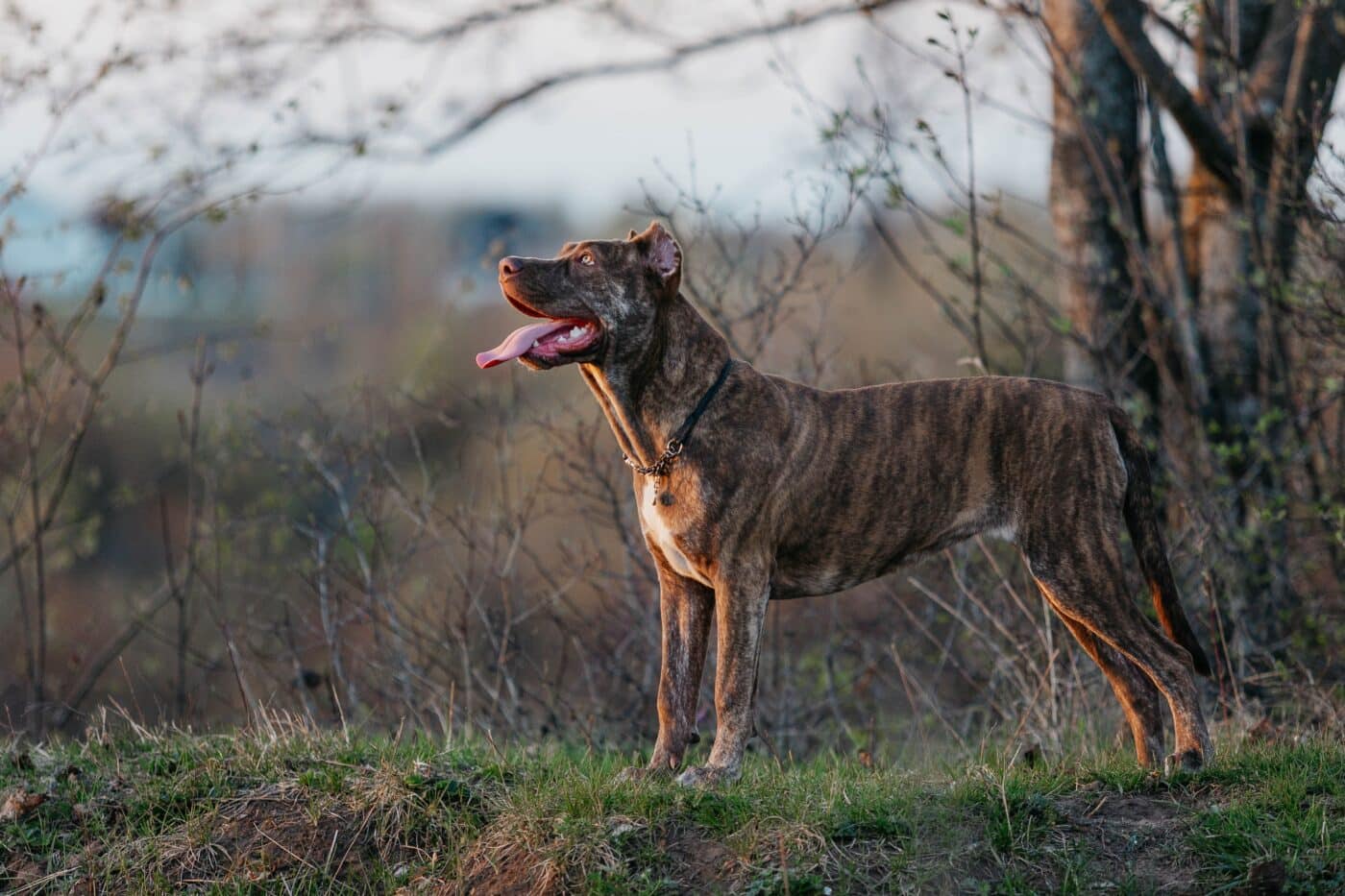 Shutterstock
Shutterstock
Bandogs, a term used for various mastiff-type dogs bred for guarding and protection, are often large and powerful, with a reputation for being aggressive when provoked. These dogs are typically used for protection work, contributing to their image as dangerous animals. Countries like Romania, Switzerland, and parts of Australia have banned the Bandog due to concerns over their strength and aggression. Despite their formidable reputation, Bandogs can be loyal and protective companions when raised in a stable environment with proper training and socialization. However, their strength and guarding instincts make them a challenging breed to own in areas with strict dog laws.
Cane Corso
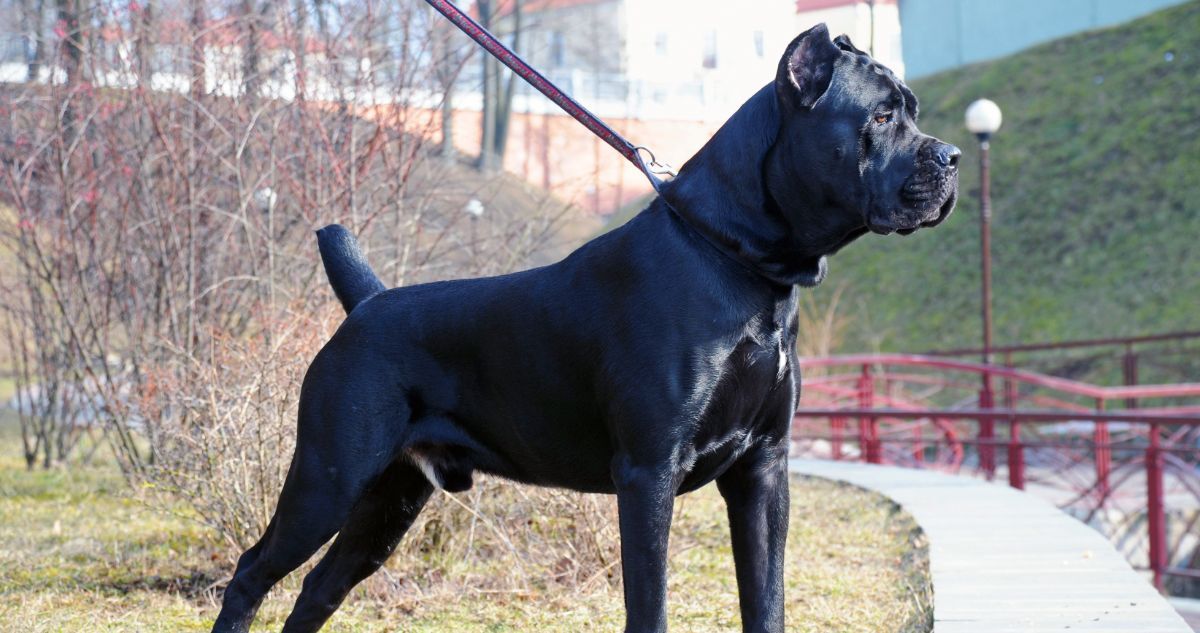 Shutterstock
Shutterstock
The Cane Corso, an Italian Mastiff, is known for its muscular build, protective instincts, and loyalty to its family. This breed is often used for guarding and protection, making it a popular choice for those seeking a watchdog. However, the Cane Corso’s size and strength can make it difficult for inexperienced owners to manage, leading to restrictions in countries such as Germany and the United Kingdom. While they are typically affectionate with their families, they require consistent training and socialization to prevent aggressive behavior. Their protective nature and powerful build make them a breed that requires a responsible and experienced owner.
Alaskan Malamute
 Shutterstock
Shutterstock
The Alaskan Malamute may seem out of place on a list of restricted breeds, but their strength and working dog background have led to bans in certain countries. Known for their endurance and power, Malamutes were bred for pulling sleds in harsh conditions, and their independent nature made them difficult to train. In countries like Denmark, their strength and energy have raised concerns about their suitability as pets in urban environments. While Malamutes are typically friendly and affectionate with their families, their size and energy levels make them a challenging breed for inexperienced owners. Proper training and regular exercise are essential to keep them happy and well-behaved.
Dogs Too Hot To Handle Internationally
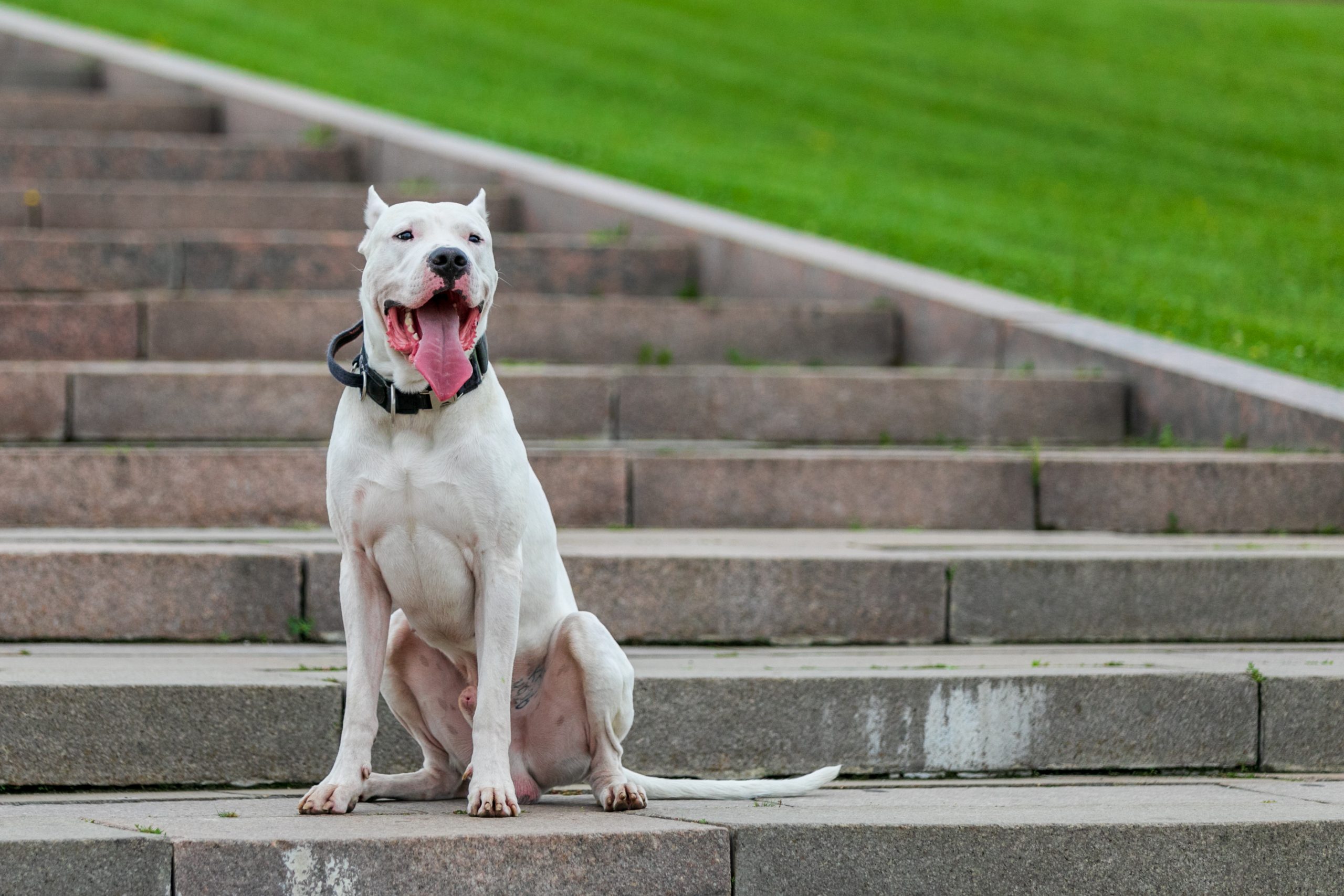 Shutterstock
Shutterstock
These dog breeds might be banned in certain countries, but they still have many loyal fans worldwide. If you’re considering one of these powerhouse pups, research the local laws and regulations before making any commitments. These breeds bring much love, loyalty, and sometimes extra paperwork. Owning one of these dogs means being prepared for responsibility. Still, with the right care and training, they can be the most loyal companions you’ll ever have—even if they come with a bit of international drama.
 Toledo, United States.
Toledo, United States.